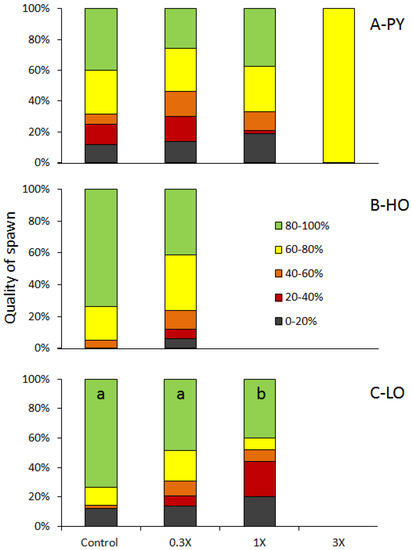

The EPA regulates 90 contaminates in drinking water but not PFAS. "This administration is taking action.” EPA Administrator Michael Regan. “They have eluded regulation but that ends right now," Regan said. The EPA began monitoring water near contaminated sites less than a decade ago but has done little to remedy the problem. Previous administrations have also known about the dangers of PFAS but only preliminary action was taken. Scott Faber, senior vice president for governmental affairs at the Environmental Working Group, said chemical companies “have understood the risks of these chemicals since the 1950s." A recent study found that half of cosmetics products contain PFAS. The compound makes products long-lasting, waterproof or greaseproof, and is found in food packaging like pizza boxes, as well as nonstick pans, waterproof clothes and shoes, and stain resistant carpets. The chemicals have been linked to a long list of health problems, including high cholesterol, a suppressed immune system, infertility, some cancers and reduced efficacy of vaccines, according to the EPA.īut people also ingest PFAS through consumer products.

PFAS are found in more than 2,300 locations across the country, according to the Environmental Working Group, a nonprofit advocacy group.

PFAS is a class of chemicals that have a carbon fluorine bond that makes them extremely effective but nearly impossible to break down. “I’ve seen firsthand the exposure from these chemical compounds and what it does to a family’s confidence, what it does to a mother who is concerned about the long-term impacts." “We are acting with a sense of urgency,” Michael Regan, the EPA administrator, said in an interview with NBC News. Hope Grosse stands next to the Naval Air Development Center in Warminster, Pa. EPA scientists raised grave concerns in 2011 over three new chemicals proposed for use in oil and gas fracking: They could break down into toxic substances. The chemicals seeped into the groundwater around the Warminster naval base for decades, according to the EPA. PFAS are known as "forever chemicals" because they never break down and remain present in the human body.


 0 kommentar(er)
0 kommentar(er)
